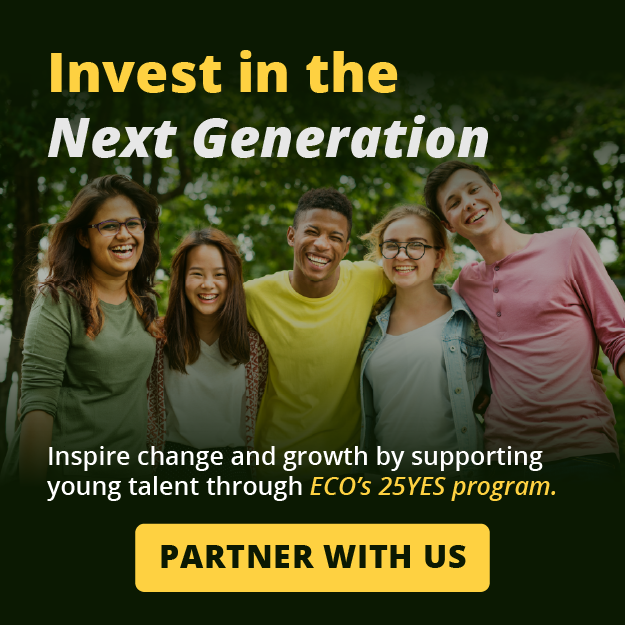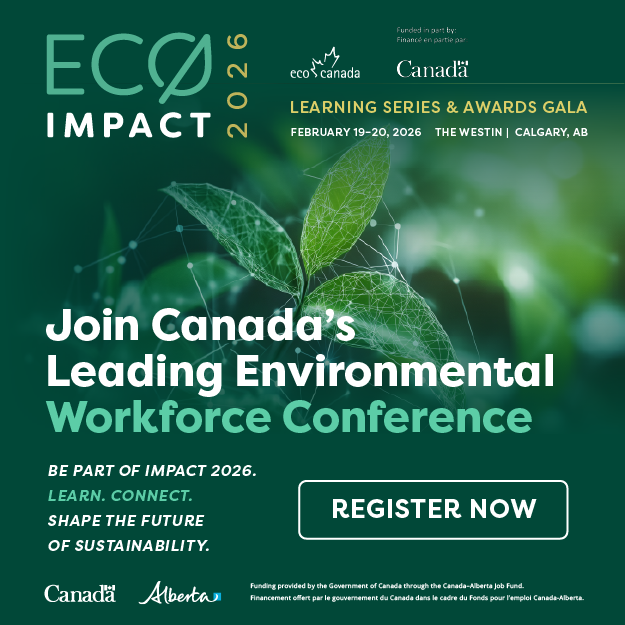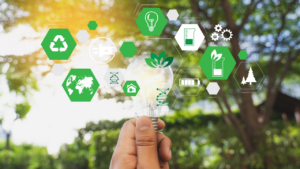[vc_row][vc_column][vc_column_text]
In order to combat issues such as environmental protection and poverty on a global scale, the UN brought countries together to adopt a set of goals that have the lofty goal of prosperity for all.
As part of a new sustainable development agenda, a set of 17 goals was developed and Canada signed on as a partner in 2015. There is a finite amount of time set to achieve as much as possible, globally, by the year 2030.
Many of the sustainable development goals are related to the environment, and almost everyone within the environmental industry can take part and make progress towards many of the goals.
It’s not only governments and international organizations that are responsible for achieving the targets – individuals are encouraged to contribute. If you’re currently working on environmental projects, or an employer implementing sustainable practices, you’re liking already making a difference.
Let’s explore some of the key goals that relate to the environment and practical ways that anyone can contribute.[/vc_column_text][vc_single_image image=”116573″ img_size=”large” alignment=”center”][vc_column_text]Goal: Good Health and Well-Being
Many Canadian companies are focused on creating better health for all through their work. From implementing mitigation measures to reduce noise pollution in the construction industry, to remediating contaminated soil or groundwater, these activities contribute to improvements in health and well-being for the general population.
Goal: Clean Water and Sanitation
Waste management is a rapidly growing sub-sector within the Canadian environmental industry. Professionals working in this field provide solutions to sanitation issues around the world.
Ontario has become “a Silicon Valley for water technology” and Canada is ranked 5th in the world for water research. Work in water treatment and water quality ensures that Canada’s abundance of freshwater continues to be a valuable resource and benefits the domestic population, as well as through the many good works of professionals who volunteer their skills overseas to ensure other communities have access to clean water.
Goal: Affordable and Clean Energy
The diversification of the energy sector has been remarkable. While Canada still produces affordable energy from fossil fuels (think natural gas), the industry is experiencing a transformation with new, innovative technologies producing cleaner, and more sustainable energy products.
Canadian firms such as Carbon Engineering are working on projects that would have been unthinkable to most people just a decade ago, such as creating energy-rich fuel from atmospheric CO2.
“In moving toward 2030, collaboration across FPT governments on developing a national energy management framework to monitor electricity production and consumption can be an opportunity for Canada to improve energy efficiency. The establishment of a national strategy to coordinate the adoption of smart grid technology has the potential to directly impact the country’s energy efficiency.” – Canada 2030: An Agenda for Sustainable Development
Many energy companies that were traditionally invested in resource extraction are now investing in renewables and CleanTech, seeing tangible benefits from diversifying energy sources.
This shift signifies a positive impact for the environment.[/vc_column_text][vc_column_text]In total, we have identified that at least 9 of the 17 Sustainable Development Goals are closely aligned with areas of environmental work. Stay tuned for our overview of more SDGs and how you can use your knowledge, skills, and time to contribute as part of our 3-part series on SDGs.
Click here to read Part 2.[/vc_column_text][/vc_column][/vc_row]





